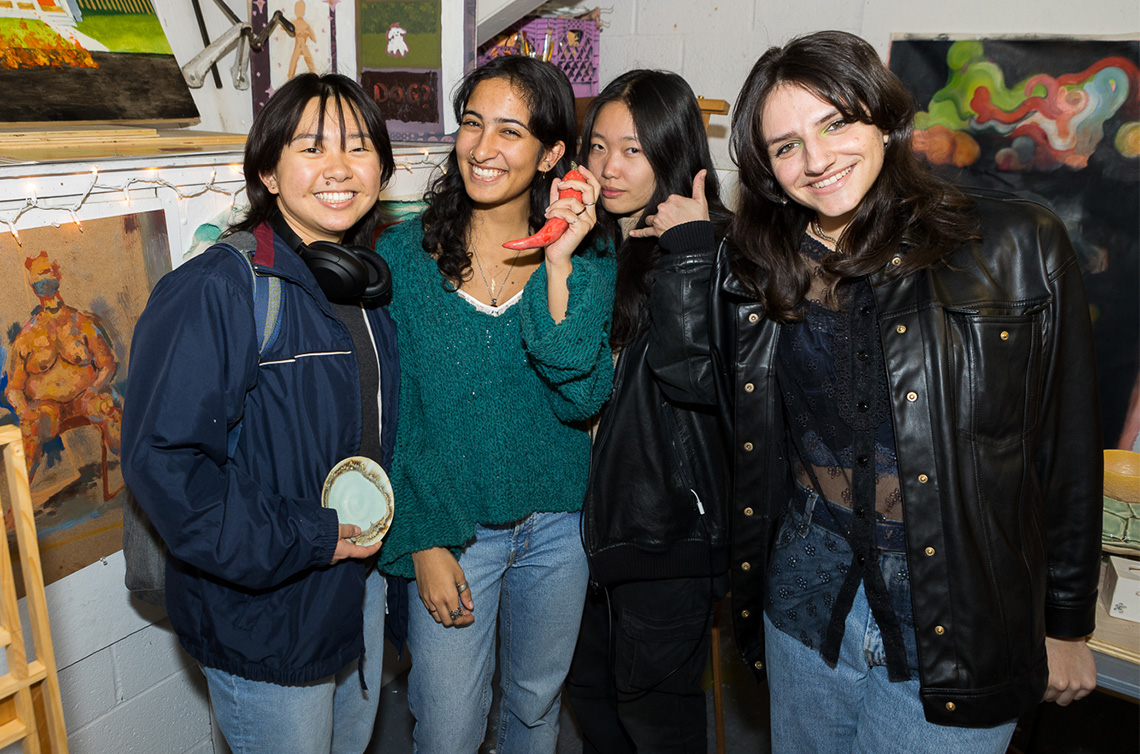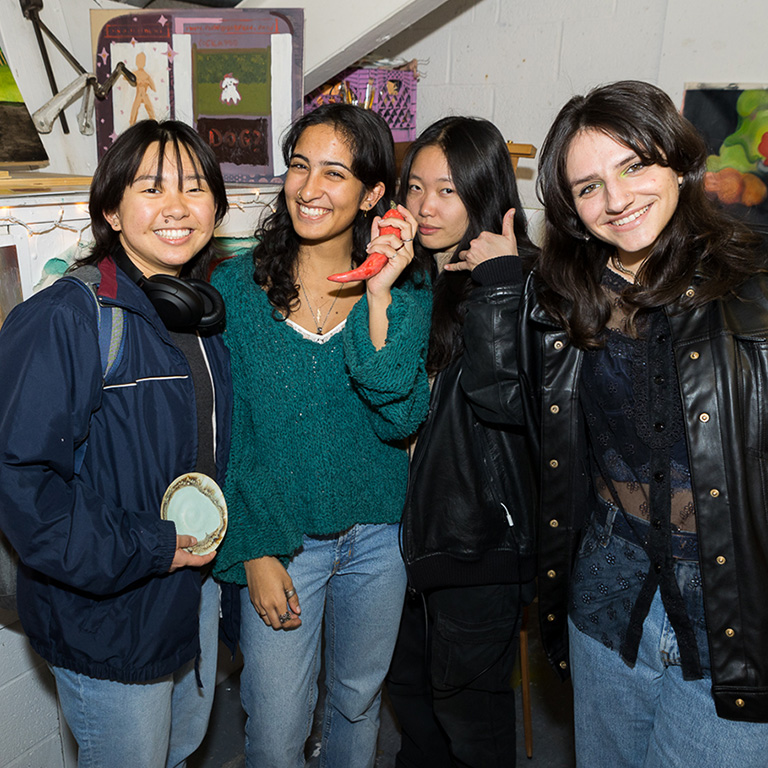Fall 2021 Elective Courses
Please find below a list of all advanced art electives with abbreviated descriptions for Fall 2021. For complete course descriptions and additional information please refer to SIO.
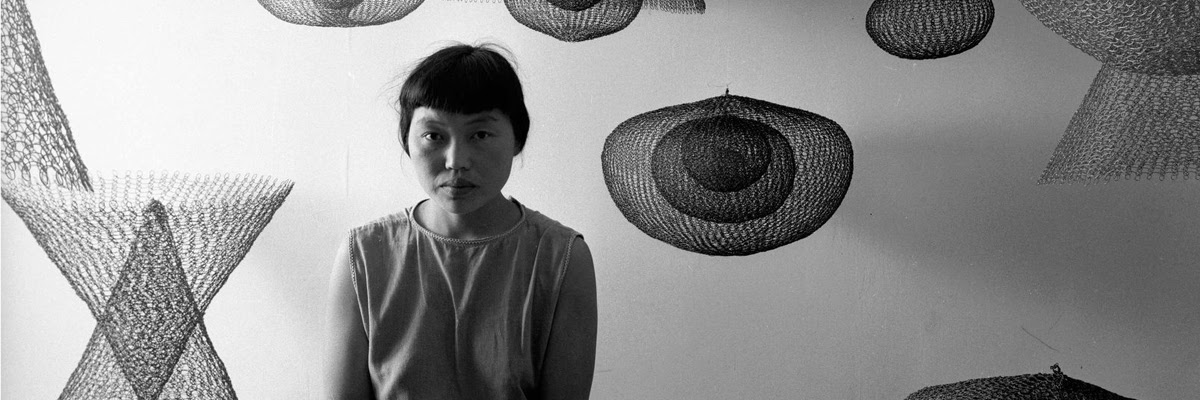
Picturing Asian America – 60374
R 7:00-9:50 pm
Professor Jongwoo Jeremy Kim
Asian-American art is not Asian art. Asian art is not Asian-American art. The conditions in which we make art in white America have always been unique. This is why our art has to be antiracist, anti-patriarchal, and for the sake of the undercommons. In this class for visual artists and thinkers seeking to expand their oppositional consciousness, we recognize our context enriched by Asian-American literature and film in order to welcome and renew the lessons of our shared minor feelings. We also explore and celebrate our modern and contemporary history of collaboration with other BIPOC (Black, Indigenous, and People of Color) communities and artmaking against the hegemonic canon.
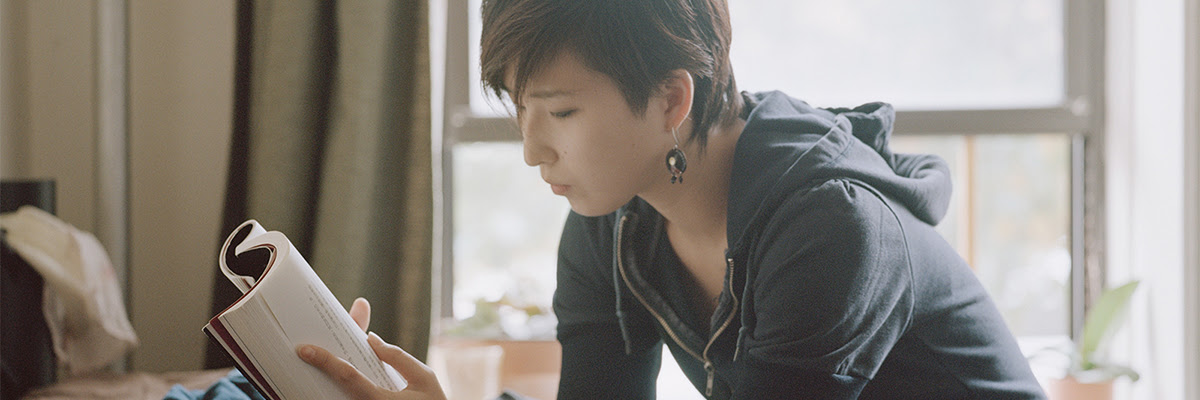
In Their own Words – Artists Writing – 60379
M 11:15 am – 1:10 pm
Professor Kim Beck
This class is for everyone who wants to read the ideas and language of artists. From zines, to essays, to books and biographies, artists write to understand the world and themselves and to make space for other artists overlooked. We read artists’ writings to situate ourselves among a community of people who walked before and with us through the challenges of making art. In this class, we will read poetry, prose, academic writing, memoir, and the things that defy categorization by artists like Martine Syms, Moyra Davey, Maggie Nelson, and Cauleen Smith. Students will respond to these works as well as create their own texts, ‘zines or essays to sit alongside or inside their own practice. (Image: Carrie Schneider, Hsiao-Jou reading Fang-Yi Sheu (Life Attitude: I’m Not Afraid to be Different, 2007))
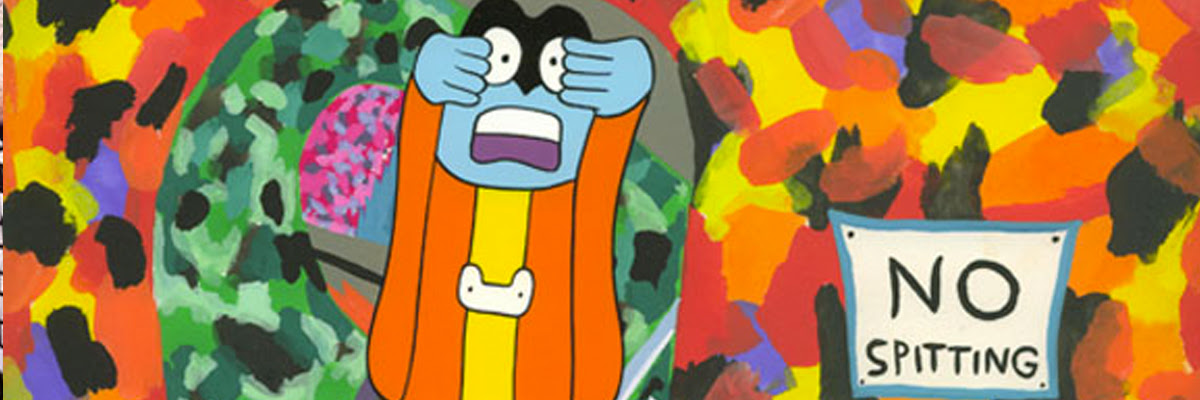
Social History of Animation – 60398
MW 10:10-11:30 am
Professor James Duesing
Social History of Animation will investigate the history of animation from early experiments with trick film through the development of major studios, to independent animation, web based work and emerging forms. Animation will be analyzed and discussed in relation to the social movements and technological innovations that affected animators and their work. This class will read related texts and view examples from around the world to explore animation as a means for personal expression and as a reflection of the context in which they were made.
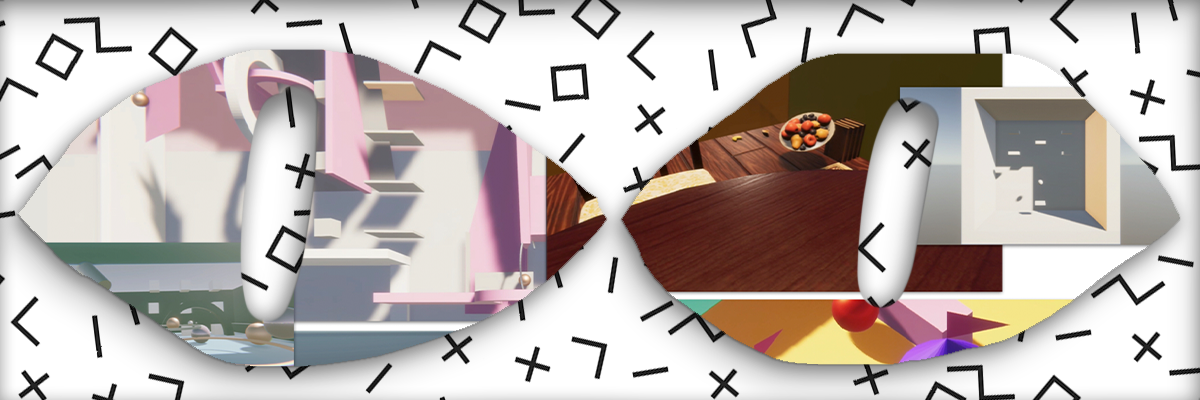
Real-Time Animation – 60413
TR 8:00-10:50 am
Professor Johannes DeYoung
An exploratory studio that considers improvisational strategies for making animation within real-time computer graphics frameworks. Advancements in virtual production, real-time computer graphics engines, and visual programming tools for AV synthesis provide open frameworks for the exploration of animation in spatial and interactive contexts. Studio work will explore real-time animation in a variety of contexts, including screen-based interaction, site-specific installation, and spatial immersion. Conceptual frameworks drawn from the histories of animation, video art and Expanded Cinema, and immersive media design will inform collaborative group work and class discussion. Students without the prerequisite may register by instructor permission.
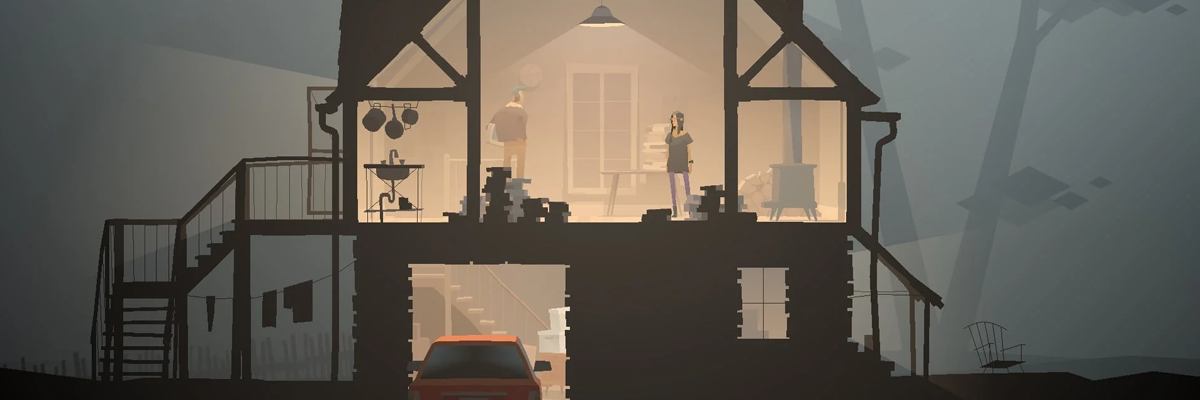
Experimental Game Studio: Playing Stories – 60418
F 8:00-10:50 am & 1:25-4:15 pm
Professor Paolo Pedercini
A hands-on game design course focused on innovative and expressive forms of gameplay. In this installment of Experimental Game Design the emphasis is placed on the complex relationship between stories and games. Topics include: environmental storytelling, world building, branching narratives, visual novels, level and environmental design, immersive experiences, and more. The class consists in one double session a week (morning + afternoon) which allows for extended prototyping exercises, technical tutorials, as well as frontal lectures and in-depth playtesting. Projects are team-based. Coding experience is recommended but not required.
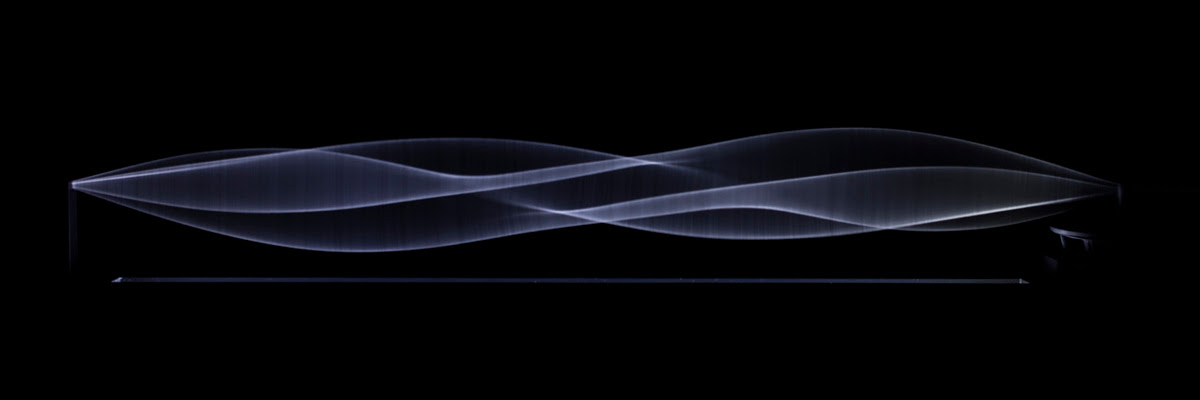
Sound as Material – 60424
TR 7:00-9:50 pm
Professor Geneva Skeen
Listening has often been deprioritized in service of supplementing our sense of sight; sound in the modern world reduced to an afterthought or an accompaniment to the rational, reading eye. Sound As Material challenges that hierarchy, asserting that sound frequencies and vibrations saturate our bodies and fields of perception beyond what we thought we knew. This adventurous studio/seminar class asks students to work with sound and embodiment as both conceptual and material frameworks. Projects may take the form of recordings, scores, installation, writing, sculptural objects, moving image works, performances, or some combination thereof. The course will oscillate every few weeks between student critiques and discussions of a diverse set of reading, viewing, and listening materials that illustrate sound’s impact on our global ecosystem and effect on the formation of individuals and society.
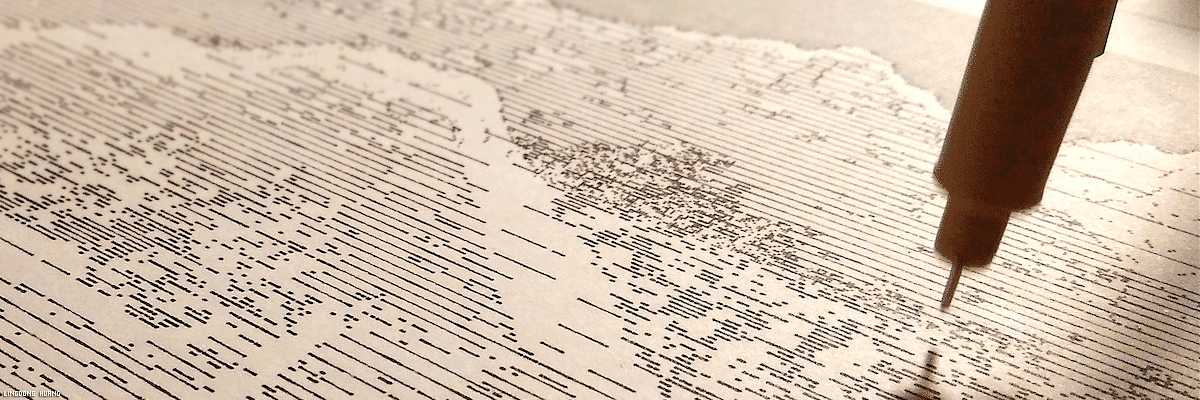
Drawing with Machines – 60428
MW 1:25-4:15 pm
Professor Golan Levin
This is an advanced studio course in experimental drawing, generative art, computational design, and mechatronic mishegas. Working at the boundaries of code, automation, physical materials, and gestural mark-making, we will explore personal and peculiar new approaches to digital fabrication; the development of ultra-niche workflows as a mode of creative practice; and the use of algorithms and machine collaborators as nontraditional intermediaries between mind, hand, and paper. Interested students should have a portfolio of creative visual work, and programming experience equivalent to an introductory course such as 15-104, ‘110 or ‘112. Enrollment by permission of instructor.
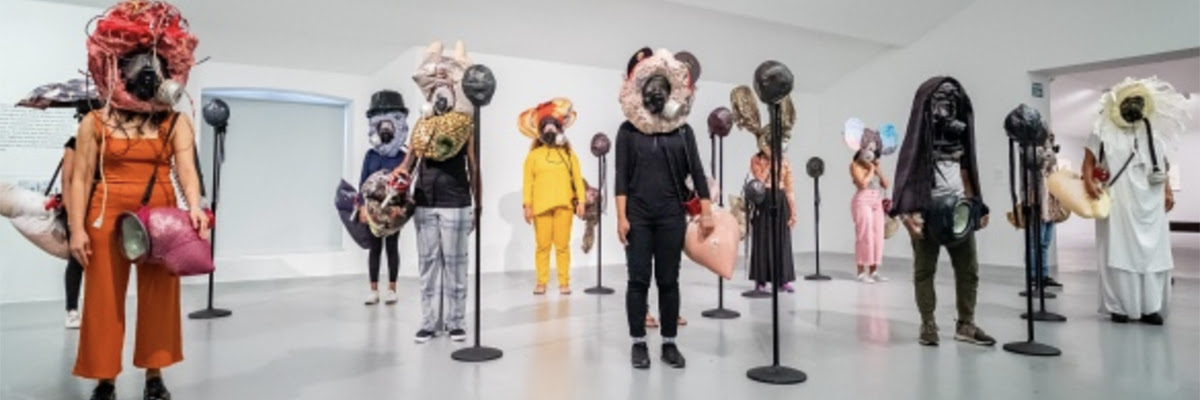
Open Sculpture – 60430
MW 8:00-10:50 am
Faculty TBA
Sculpture is perhaps the broadest field among the contemporary visual arts. Through its privileged relationship to the physical world and the viewer’s body, sculpture is the glue that connects the intermedia practices of object, installation, interactive art and performance. In this class we build on skills and concepts learned in 3D media 1 and 2 to develop students’ individual approach. Students define independent responses to topics proposed through discussion of contemporary sculptors. Emphasis is placed on individual development. Students are encouraged to explore interdisciplinary approaches.
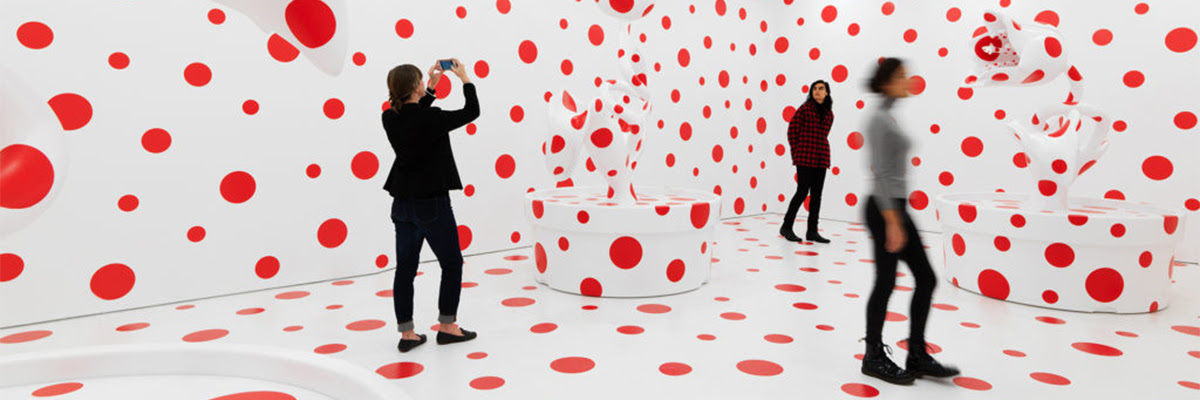
Installation – 60431
MW 1:25-4:15 pm
Professor Bob Bingham
This course explores a broad range of sculptural issues concerning the practice of Installation Art. Studio focus on relatively large scale works which often involve an ensemble of objects or phenomena in a particular space. Both temporary and permanent works are addressed. Emphasis on research about “place” and the proposal process for a specific context. Various strategies, methods and materials investigated through projects, readings, presentations, discussions and field trips. Exercises and projects assigned initially, but students expected to establish their own projects later in the semester.
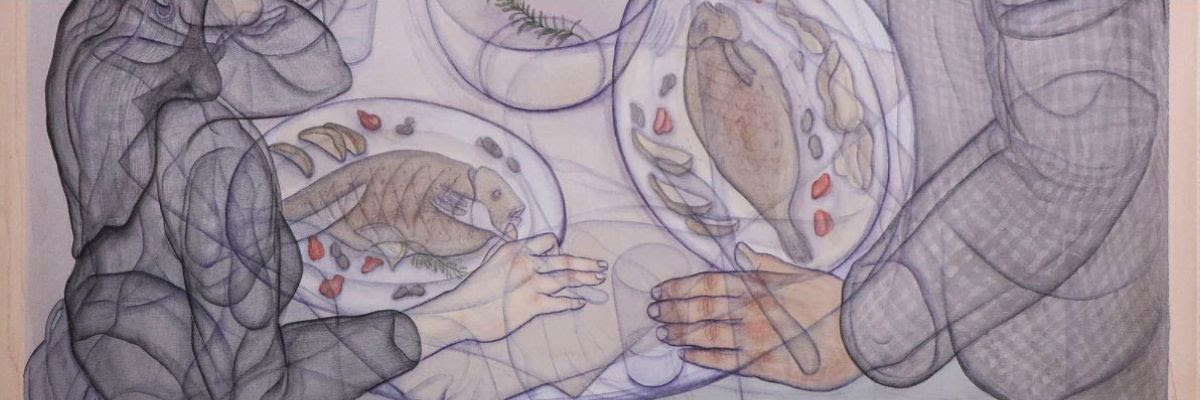
Advanced Painting – 60453
MW 7:00-9:50 pm
Professor Lyndon Barrois Jr.
This course is designed to help promote a painter’s development, both conceptually and technically. It encourages students to expand their ideas through a diverse set of projects. Through research and studio experimentation, students will explore issues of scale, surface, materiality, process and performativity in painting. They will also consider notions of the “picturesque” and how non-artistic disciplines can inform painting. Lectures and assignments are designed to enrich the painter’s conceptual and technical base and to promote creative growth.
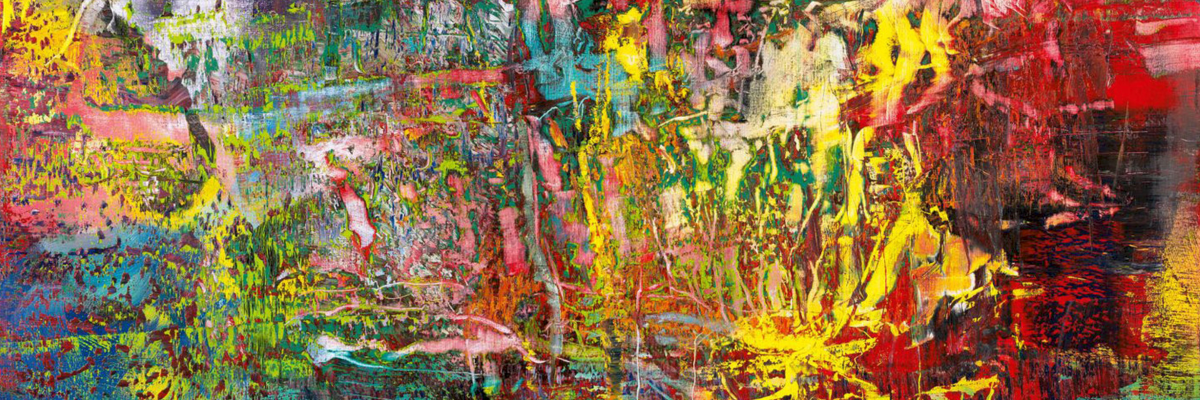
Painting Matter & Substance – 60462
TR 8:00-10:50 am
Professor Clayton Merrell
This course will be a hands-on investigation of the material, tangible, and physical aspects of painting. Students will learn how to make and use various paints, supports and grounds including oil paint, egg tempera, encaustic, watercolor/gouache, distemper, casein and fresco (in addition to other materials based on student interest). The working properties of various additives to and combinations of these media will be examined and experimented with. Technical issues affecting longevity will be addressed and experimentation will be encouraged. Students will investigate the work of other artists with a forensic “How did they do that?” approach. The second half of the semester will be devoted to studio work focusing on the ways in which each student’s personal vision can be embodied and expanded in one or more of the above media.
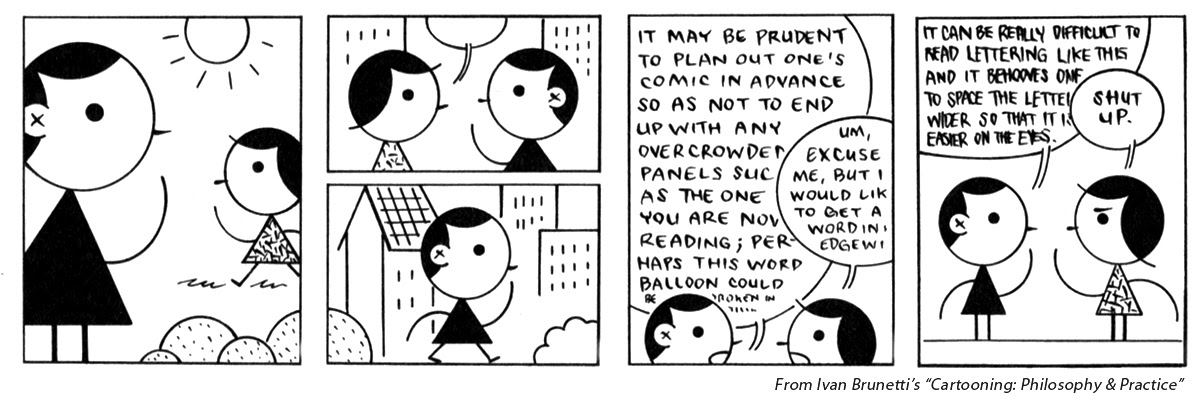
Expanding the Graphic Novel – 60464
TR 7:00-9:50 pm
Professor John Peña
In this course, students will critically and creatively engage with the medium of comics to learn how to better communicate their ideas in this format as well as challenge its boundaries. A substantial portion of the course will focus on familiarizing students with the basics of storytelling in a sequential narrative format and creating opportunities for students to discover, hone and explore their own voice and style. Students will also be expected to think beyond the commonly accepted notions of comics and to question the relevancy of their work in this medium. Finally, each student will produce a new body of work that will culminate in the production of a 4-5 “page” “sequential” narrative.
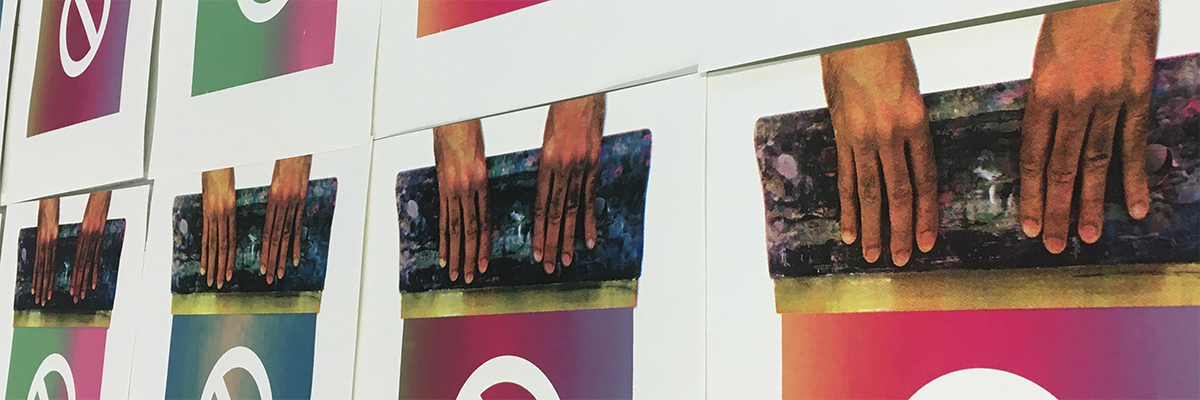
Serigraphy (Screenprinting) – 60476
TR 8:00-10:50 am
Professor Imin Yeh
This course is a comprehensive and intensive study of Serigraphy (screenprinting), one of the most versatile and contemporary of printmaking techniques. The course is focused upon the mastery of this process. Students will explore multiple methods of image making (from hand-drawn to digital imaging) and will be introduced to CMYK printing. The emphasis of this course is on artistic work on paper, but will also be exposed to the ways that screenprint can work across a wide range of different media: from 2D (paper, canvas, cloth) to 3D (book forms, sculpture, installations) and utilizing printed multiples in participatory and exchange based artworks.
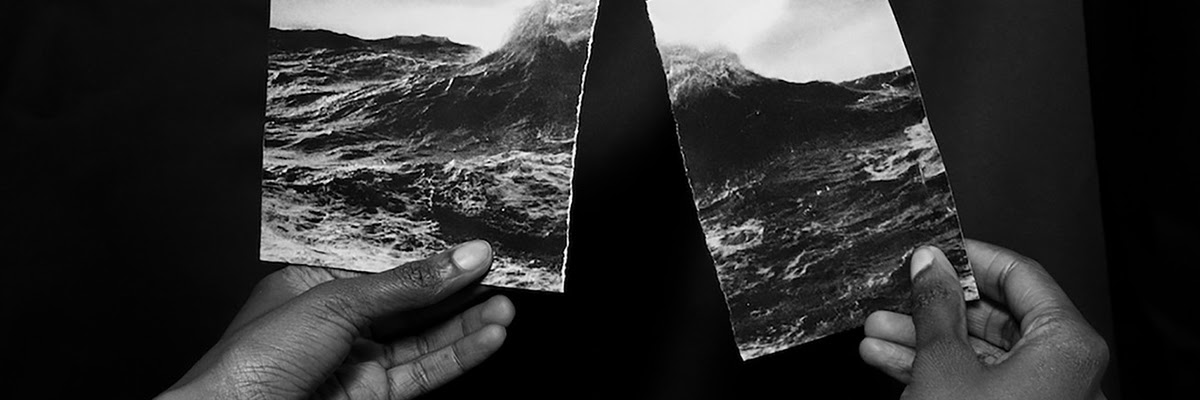
Photography Stands Up – 60478
F 8:00-10:50 am & 1:25-4:15 pm
Professor Katherine Hubbard
The value of a photograph is most often centered on the work it takes to construct an image but the work of photography does not stop there— printing out an image may also be the first step in building something else entirely. Photography Stands Up will treat the photographic print as a necessity, explore the photographic print as an object and most importantly consider the photographic print as a starting point for creating a significant work. Students will be introduced to non-traditional methods of working in the Black and White Darkroom and digital print facilities. Participation in this course will grant students access to a digital camera and tripod to use for the duration of the semester, a key component to in class workshops.
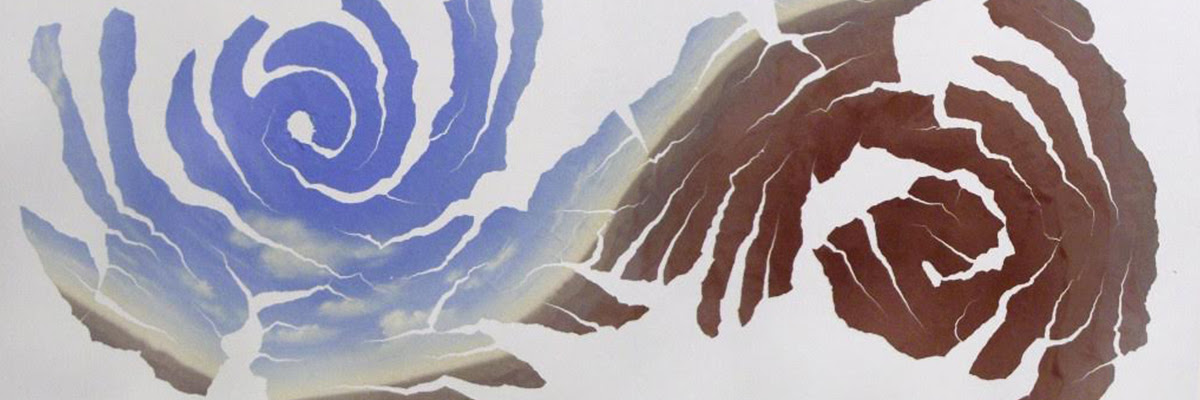
Art of Mapping/Mapping as Art – 60490
MW 1:25-4:15 pm
Professor John Carson
Many artists have used maps as inspiration, and for some, maps are integral to their work. Maps purport to objectively represent territory while revealing the biases of their authors. This course will question conventional notions of objective cartography and look at how artists have creatively and critically used various forms of mapping. As well as geographical and physical space, the course will consider representations of psychological space, social space and conceptual space. Definitions of mapping will be extended to include information visualization, diagrammatic systems, geographic infrastructures, aerial photography, landscape interventions, and journeys through space and time. There will be a few initial short assignments, and students will devise their own projects later in the semester.
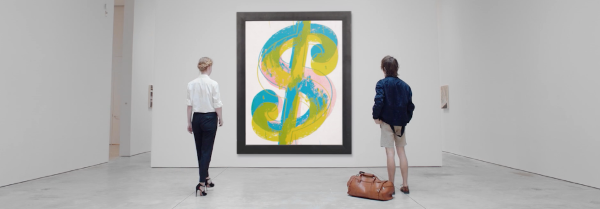
Professional Development for Creative Practice – 60350
TR 11:50 am – 1:10 pm
Professor Tom Hughes
Supporting a creative practice as a sustainable career—whether individual studio practice, employee or entrepreneur—requires a foundational knowledge of basic organizational, legal, and financial structures and practices. Throughout this seminar-style course, students will develop a starting knowledge of basic business concepts; a foundational understanding of ethics and best practices; problem-solving skillsets and methodologies for managing projects and programs; and apply these learnings to their own creative practices. Topics will include basic business structures; intellectual property; Contracts and employment; earned income and fundraising; financial management and taxes; marketing and communications; and strategy development.
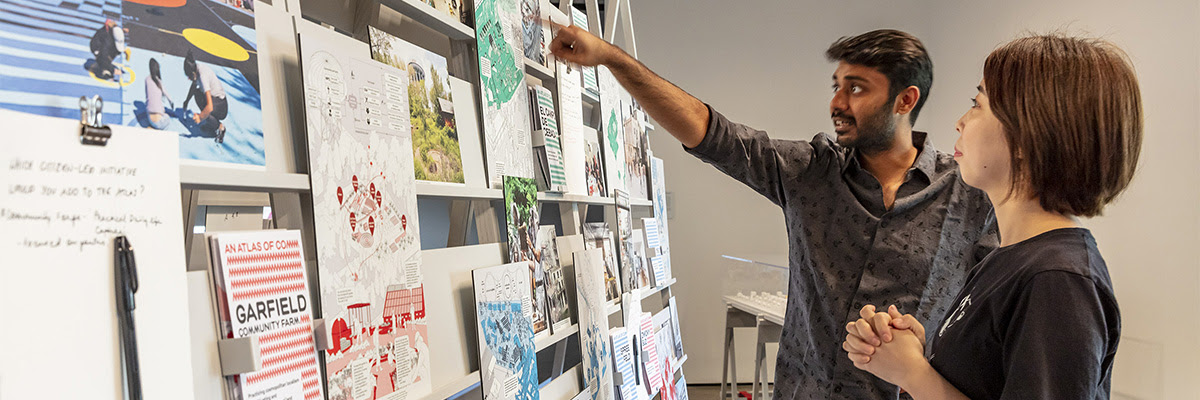
Mapping a career path in an uncharted artworld – 60351
W 1:25-4:15 pm
Professor Elizabeth Chodos
Building a career as an artist is a nuanced endeavor that looks different for each individual. Unlike other fields, where a set professional structure ushers graduating students into a career, the artworld is self-navigated. This course gives artists a foundational understanding of the multifaceted profession they are entering, where they will learn about key support structures like museums, commercial galleries, DIY spaces, residencies, and much more. They will also train in a wide range of concrete skills, including writing artist statements, creating a network, building an online presence, and pricing an artwork. The goal of this class is to give students the awareness, skills, and resourcefulness they need to chart their own course as a studio-based fine artist in an artworld that’s ever-changing.
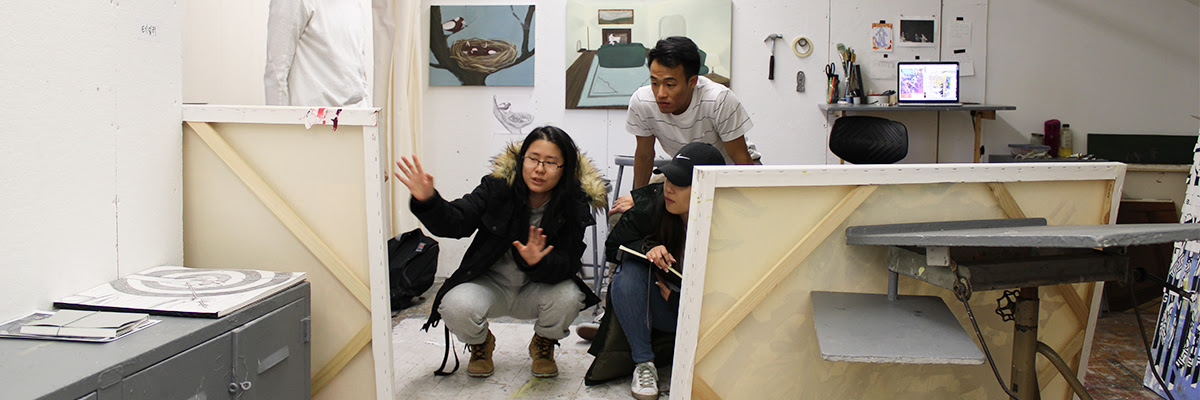
Senior Studio – 60401
TR 1:25-4:15 pm
Professors Johannes DeYoung, Clayton Merrell, and Imin Yeh
Students initiate a comprehensive two-semester project in the first semester to be continued and completed in the second semester of their senior year (60402). Each student pursues an ambitious and cohesive body of work with guidance by a team of School of Art faculty. Multimedia, multidisciplinary, and collaborative work is encouraged. Studio work is supplemented by group critiques, workshops on writing, professional presentation skills, career preparation, and technical instruction as needed.
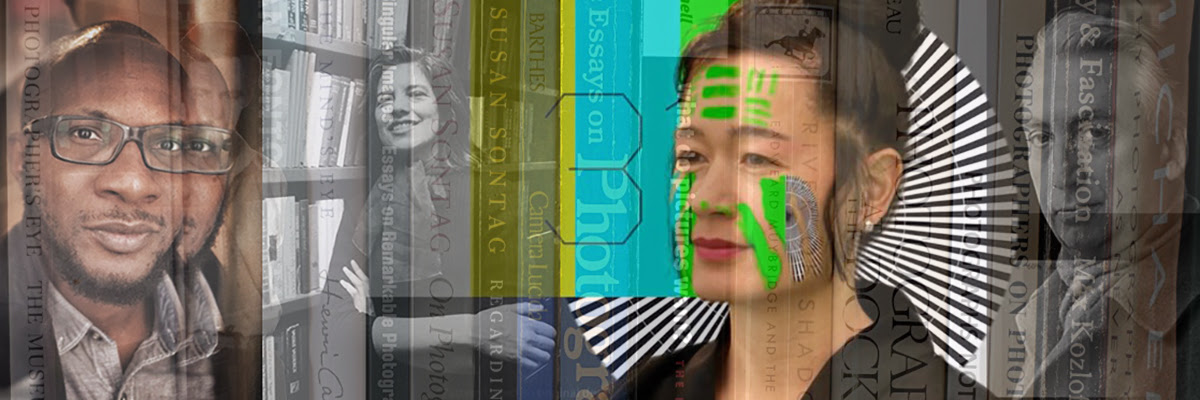
Reading Pictures, Writing Photography – 60239
R 7:00-9:50 pm
Professor Leo Hsu
Through photography’s history, writers have sought to identify what is special about photography – the medium’s “essential characteristics” – and what happens when photographs make something visible. What assumptions lies behind these critiques? How does photography facilitate and embody modernity’s projects? What are photography’s anxieties? Where are we now? In this course students will engage critically with photographs and photography through classic and contemporary texts and by producing their own weekly writing. Students will become familiar with key issues raised around photography and develop their own critical and authorial voices. Readings include pieces by Ariella Azoulay, Roland Barthes, Walter Benjamin, Teju Cole, Rebecca Solnit, Susan Sontag, Hito Steyerl, and many others.
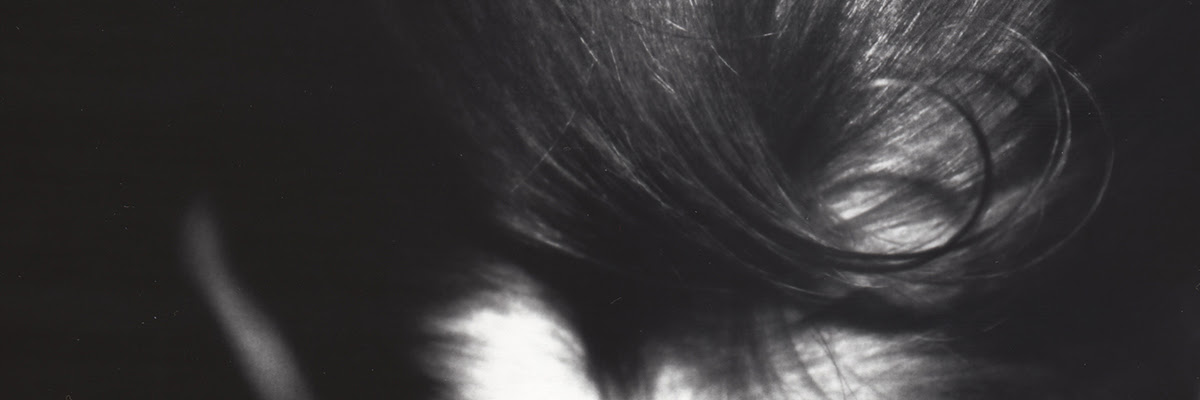
Black and White Photo II – 60241
TR 1:25-4:15 pm
Professor Jamie Gruzska
Black and White Photography II continues developing your technical skills in analog photography by introducing medium and large format cameras and prints. Large format view cameras remain the state of the art in control and quality in both film and digital photography. These cameras as well as unusual panoramic and pinhole cameras will be supplied. This course emphasizes aesthetic development and personal artistic growth through individual tutorials and group critiques, and will help to build professional level photography skills. Additional topics include digital printing and negative scanning, advanced monotone printing methods, and a focus on exhibition and folio presentation.
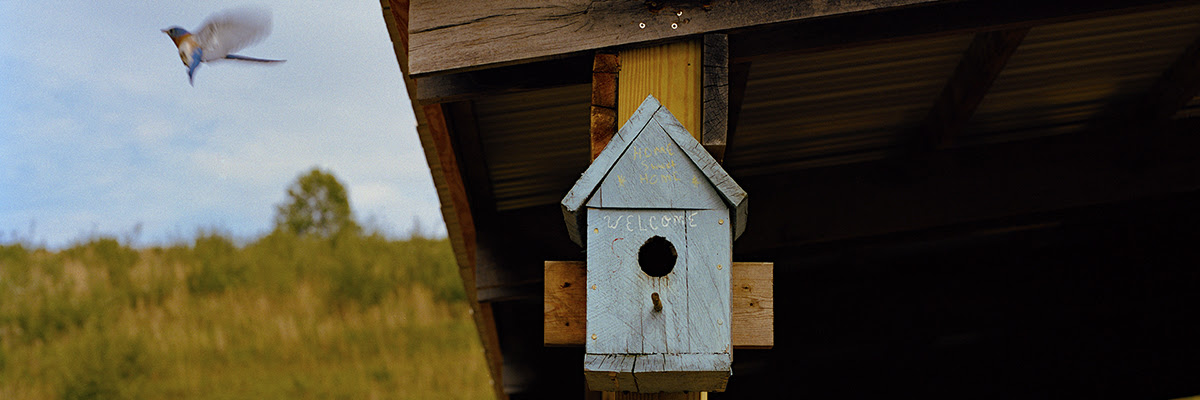
Digital Photography II – 60242
TR 1:25-4:15 pm
Professor Aaron Blum
Digital Photography II combines digital and analog processes in both color and black & white. Students will gain experience with digital workflow, analog to digital conversion, virtual drum scanning and large format digital printing. Topics include trends in contemporary photography, professional practices, project development, narrative and serial work, and portfolio presentation. Students will be expected to develop their own self-directed projects throughout the semester culminating in a cohesive portfolio of their work. Readings, assignments, artist visits, critiques and discussions will give context to the practical work and help develop a wide ranging familiarity with the subjects.
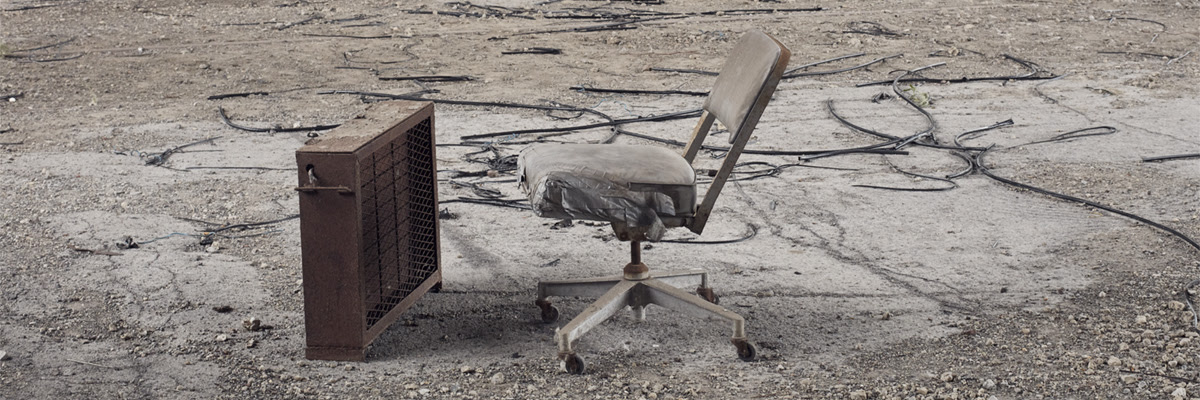
Portrait Photography – 60245
MW 8:00-10:50 am
Professor T. Ross Mantle
Portraiture maintains a unique standing in photography for its direct and collaborative relationship between an individual and a photographer. This course will examine this relationship and the larger contexts which provide the conceptual framework for deriving meaning and understanding from an image of another person. We will study the theoretical and practical aspects of portrait photography in both studio and environmental settings, providing students with an understanding of the genre by developing both technical and conceptual skill sets. Students will utilize analog and digital equipment, learn studio lighting techniques, develop approaches to working with natural light, and explore methods of printing and presentation.
